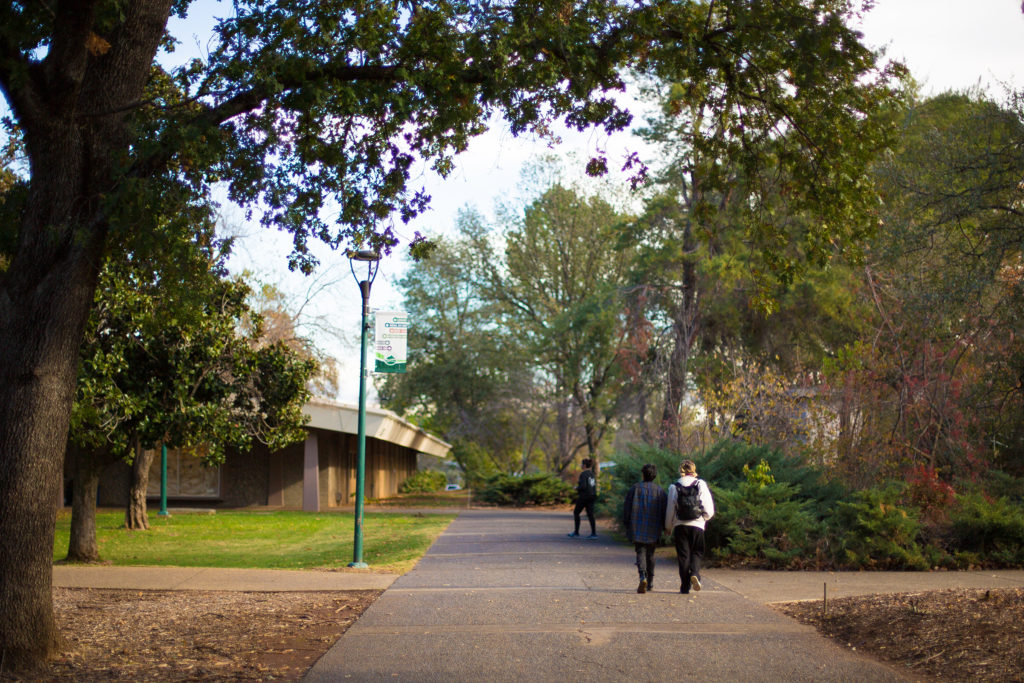During this summer, a team of students from MIT embarked on a journey to the sou …
Study finds that colleges fail to recognize the potential of students who did not complete their degree
Jennifer Livingstone

A recent study that delves into how California colleges frequently underestimate the potential of students who drop out elucidates strategies that colleges can employ to assist these students, known as “comebackers,” in successfully achieving their degrees.
Instead of facilitating the return process for these students, colleges often make it convoluted and erect barriers, as detailed in a report titled “From Setback to Success: Meeting Comebacker Students Where They Are” published by California Competes, a nonpartisan organization focusing on policy and research.
“If you didn’t make it, it’s your fault. If you want to come back, good luck to you,” remarked Su Jin Jez, the CEO of California Competes, highlighting the intricate process that comebackers navigate when attempting to re-enroll in college.
Based on interviews with more than 50 students who resumed their college education and successfully completed their degrees at Sacramento State and Shasta College, the report, released on Feb. 5, identified various factors that could hinder a student’s efforts to return to college, including outstanding library fines and parking fees, the need to repeat the entire enrollment process, and disqualification for financial aid due to past poor grades.
According to a 2021 report by the National Student Clearinghouse Research Center, more than 6 million Californians have attended college without obtaining a degree, underscoring the significance of engaging with these students, particularly from an equity standpoint, as many comebackers belong to low-income or minority groups.
The report emphasizes that overlooking these students can have significant ramifications not only for the individuals themselves but also for the state’s economy, impacting workforce development and the ability of employers to find suitably skilled workers.
One of the co-researchers involved in designing the study, Jennifer Liberty, is a comebacker herself who is now pursing a master’s degree in psychology.
Various factors contribute to students’ dropping out of college, including job responsibilities, caregiving duties, and institutional challenges such as loss of financial aid or inflexible schedules, all of which can complicate the balancing act between academic pursuits and other obligations.
Comebackers Bring ‘So Many Skills’
The report advocates for colleges to offer greater flexibility in class structures, encourage student return, and change the perception of comebackers.
Buffy Tanner, the director of innovation and special projects at Shasta College, highlighted that discussions about students who discontinue college often focus on their deficiencies, such as lack of recent academic exposure, rusty math skills, and financial aid concerns.
During a webinar centered on the report, Tanner emphasized that individuals who reenter educational environments typically bring a wealth of practical experience, teamwork skills, and professional acumen that can greatly benefit collegiate settings.
Many students abandon their academic pursuits when faced with challenges such as academic probation, a term the report suggests should be reframed to prevent negative connotations and perceptions.
The report further suggests providing additional support for comebackers who struggle academically to prevent feelings of inadequacy and disengagement.
Tanner stressed that catering to returning students’ needs not only benefits them but also enhances the overall educational environment for all students by offering more flexible course schedules and alternative class formats.
Proposals for restructured academic calendars, including shorter, more frequent class formats like intensive eight-week programs, aim to make education more accessible and adaptable to students’ diverse schedules, ultimately increasing engagement and participation.
Despite the ongoing challenges in higher education enrollment, particularly evident in California’s community colleges due to the pandemic, the pool of students with incomplete college experiences represents a valuable asset in meeting the state’s goals in key areas like environmental sustainability and housing development.
Jez emphasized the critical importance of enabling marginalized populations to access and complete college degrees to achieve broader societal objectives.

